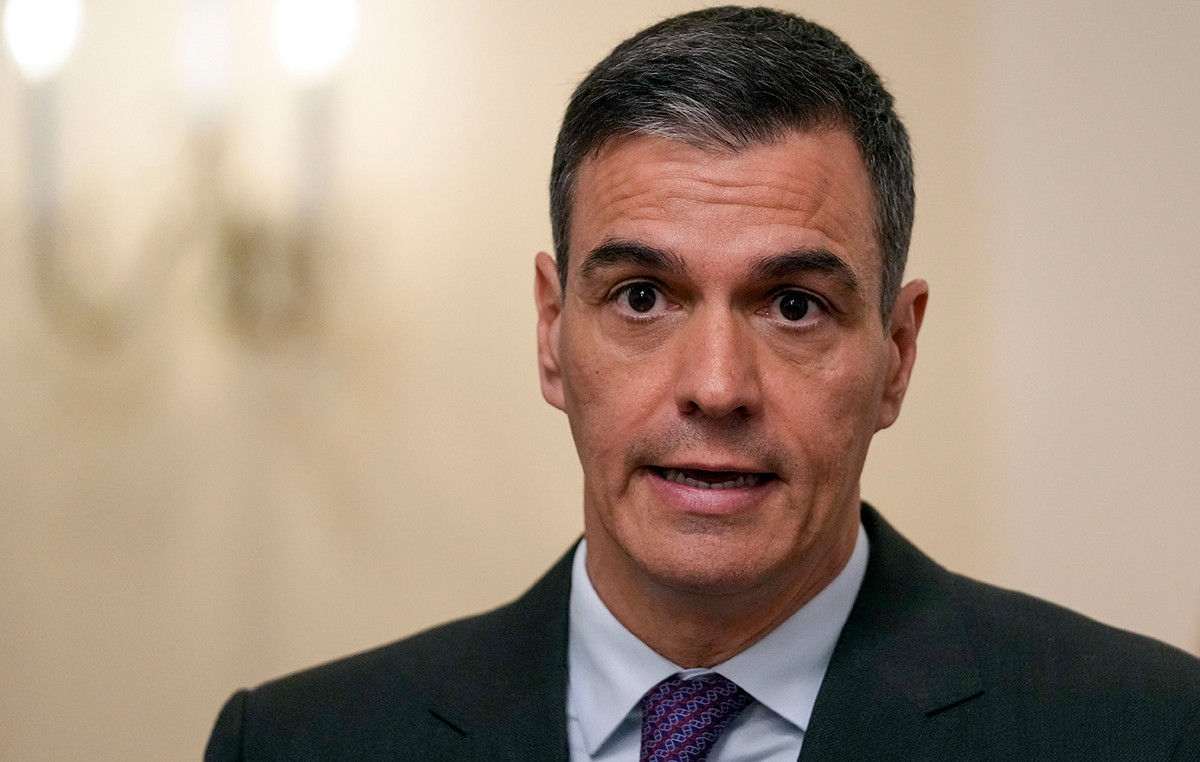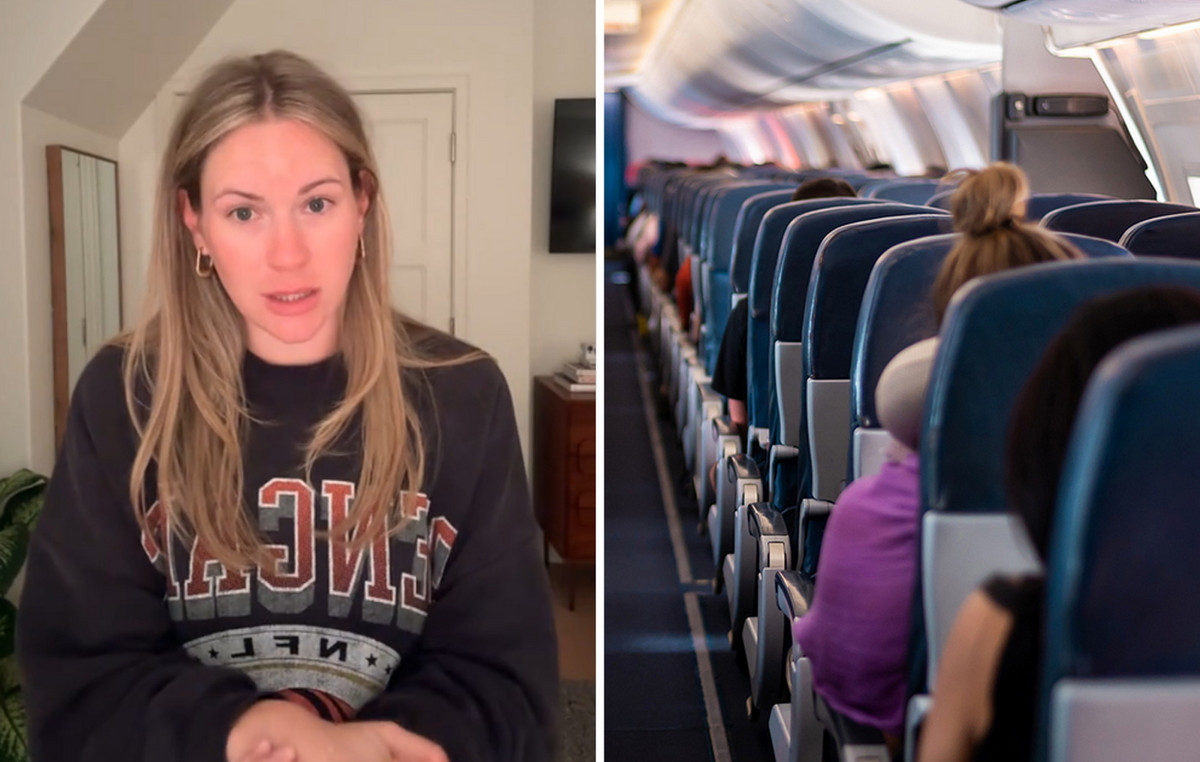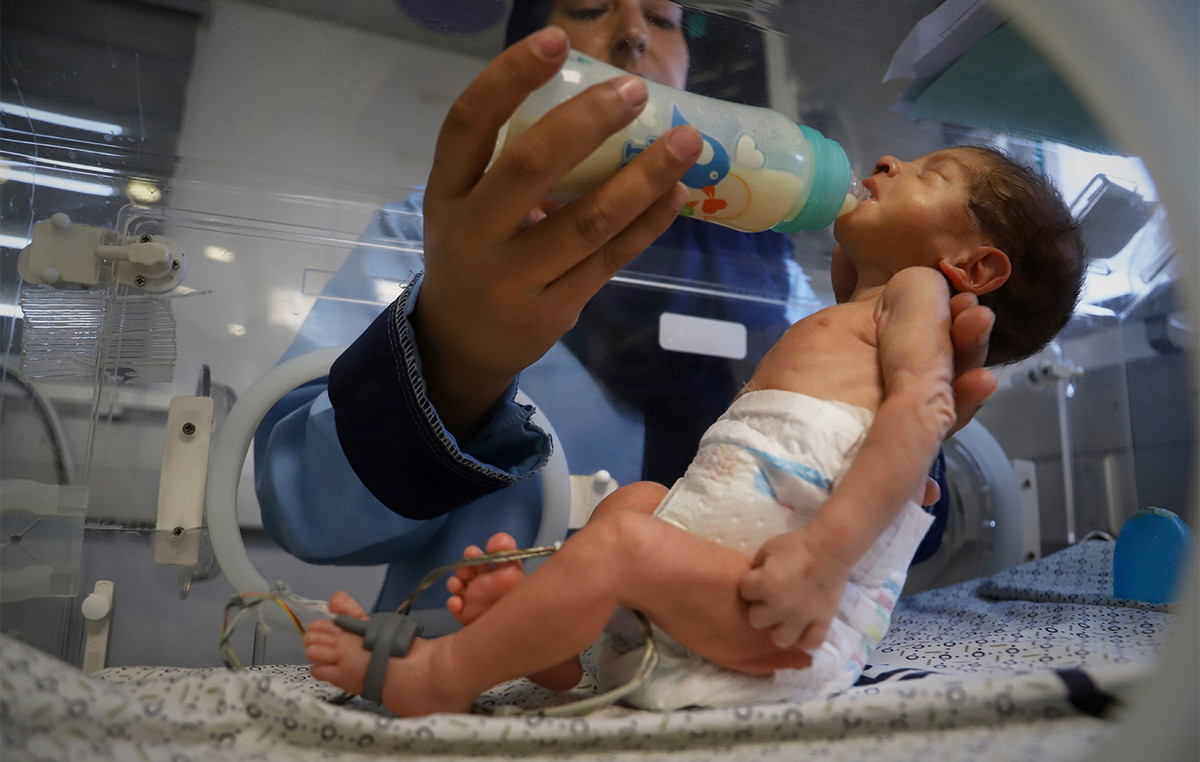The US Department of Justice has opened an investigation into Cassava Sciences Inc into whether the biotechnology company manipulated research results for its experimental Alzheimer’s drug, two people familiar with the inquiry told Reuters.
The Justice Department agents conducting the investigation specialize in examining whether companies and individuals have misled or defrauded investors, government agencies or consumers, according to the sources, who spoke on condition of anonymity.
The sources did not provide details on the investigation’s focus. As with any Department of Justice investigation, this one can lead to criminal charges or be closed without representation.
In an emailed statement, Kate Watson Moss, a lawyer representing the company, neither confirmed nor denied the existence of the investigation.
“To be clear: Cassava Sciences vehemently denies any and all allegations of wrongdoing,” Moss said, adding that the company “has never been charged with a felony and for good reason – Cassava Sciences has never engaged in criminal conduct.”
The representative added that government agencies requested that information be sent to the company, but declined to identify those agencies. She pointed out that “Cassava Sciences provided information in response to these requests in full satisfaction of its legal obligations” and that no agency accused the company of wrongdoing.
Questioned by Reuters, a Justice Department spokesperson declined to comment on the case.
The company was already facing scrutiny from the US Securities and Exchange Commission and investors after two doctors outside Cassava last year made allegations of data manipulation and misrepresentation involving research supporting the company’s Alzheimer’s drug, Simufilam.
Cassava is a company with about two dozen employees, which, in a statement last year, called the allegations “false and misleading.”
The company’s website describes Simufilam as a “whole new approach” to treating Alzheimer’s disease, the most common form of dementia and a progressive brain disorder that affects nearly 6 million Americans.
The oral medication would restore the normal form and function of a key protein in the brain, according to the description.
Petition to the FDA
The criminal investigation began sometime after a petition was filed in August 2021 with the US Food and Drug Administration (FDA), according to the sources.
The representation was brought by Jordan Thomas, a lawyer representing two doctors, who asked the agency to suspend clinical trials of Simufilam.
The healthcare professionals are David Bredt, a neuroscientist who worked at Janssen, and Geoffrey Pitt, a cardiologist who serves as director of the Cardiovascular Research Institute at Weill Cornell Medicine in New York.
Thomas said Cassava’s published studies of clinical trials involving Simufilam in various journals contained misrepresentation of data and images from experiments that appeared to have been manipulated by photo editing software. The FDA denied the petition and let the trials proceed.
Bredt and Pitt disclosed in November last year, in an article published by The Wall Street Journal, that they sold Cassava shares, betting that the price would fall once investors learned of the alleged manipulation.
They later told The New Yorker that they no longer have a “short position” in Cassava, a claim Reuters could not independently verify.
Short selling (another term for “short position”, is the practice of selling shares in the short term in anticipation of devaluation) represents “a major conflict of interest”, Watson Moss, Cassava’s spokeswoman, said in her statement to Reuters.
“Cassava Sciences is interested in helping those with Alzheimer’s disease, it’s not an easy payday,” he added.
stock drop
Cassava shares plummeted after Thomas’ petition to the FDA presented an opportunity for Bredt and Pitt to cash in on their bet against the company.
Thomas declined to comment on the matter.
In February, the FDA said that the representation filed by the two doctors asking it to launch an investigation into Simufilam was not an appropriate avenue for such a request.
The agency added that requests to take action are “expressly excluded from the scope of FDA citizen petition procedures,” adding that it exercises its own discretion in such matters.
An FDA spokesperson declined to comment on the case.
Cassava shares rose on the Nasdaq from about $7 in January 2021 to more than $135 in July 2021 on investor hopes that the company was on the cusp of a breakthrough in treating Alzheimer’s. Stocks plummeted weeks later after news broke of the petition questioning the survey results.
The company’s shares closed at US$ 21.72 on Tuesday (26).
Cassava has received over $20 million from the US National Institutes of Health to support the development of Simufilam.
The US National Institutes of Health told Reuters that it does not discuss possible cases of research misconduct related to grants, but that staff “take research conduct very seriously.”
“Research misconduct can distort NIH funding decisions, the overall integrity of the research we support, and the public’s trust in science and results,” he noted.
Cassava Sciences is also facing investigation by the US Securities and Exchange Commission (SEC), the sources said. Last November, the Wall Street Journal first reported on the SEC investigation, noting that the agency was examining the allegations made in the FDA petition.
Reuters was unable to determine which specific allegations, if real, drew the agency’s scrutiny.
An SEC spokesperson said the agency “does not comment on the existence or non-existence of a possible investigation.”
Source: CNN Brasil







